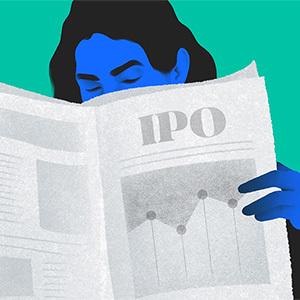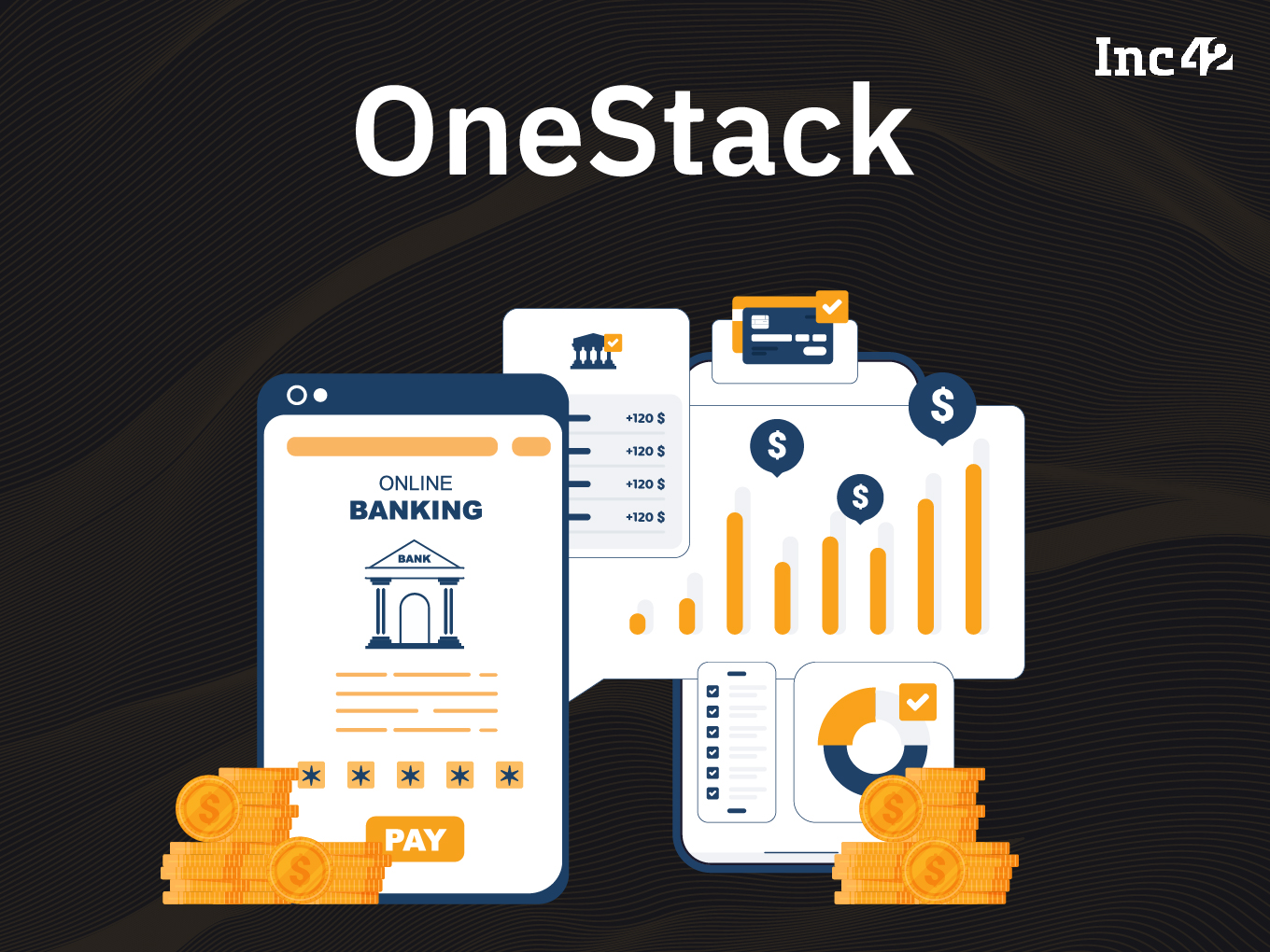Changes in the White House and Congress could portend revisions to taxes, regulations and policies that may affect tech and investing in Silicon Valley and beyond.
Subscribe to the Crunchbase Daily
With Democrat Joe Biden set to become the 46th president of the United States tomorrow and his party set to control both branches of Congress, issues such as a possible capital gains tax increase, antitrust scrutiny concerning “big tech,” and new areas of focus in the sector all will be watched closely by investors and those in the industry as the political environment tilts Democrat for the first time since 2009-10.
Taxes
No doubt one of the biggest changes could involve the capital gains tax. Under Biden’s proposal, long-term capital gains taxes would increase from 20 percent to up to 39.6 percent for high earners. While some fear that may impact venture funding investing — the lifeblood of many tech startups — venture capitalists say it is unlikely to have much effect.
“I don’t believe people fully understand QSBS,” said Brian Gaister, a co-founder and managing partner of Maryland-based SaaS Ventures. “But right now it’s important for investors to educate themselves.”
Section 1202 of the IRS Code was signed into law under the Clinton administration and expanded under the Obama White House. The tax law allows for those who invest in Qualified Small Business Stock (QSBS) — which include tech startups as long as they’re C corporations — to exclude 100 percent of the capital gains made on those investments, if the stock is held for at least five years and is acquired at issue.
The QSBS exclusion has a limit of $10 million or 10 times the basis of the stock sold, whichever is greater.
The QSBS rules should greatly help individual investors stay in the investment cycle even if the capital gains tax is increased, said Gaister. As for larger funds with investments that would not qualify for QSBS, Gaister points out many of those funds get their money from pension funds and endowments, which would not be affected by a tax increase.
“A lot of investors in large funds don’t pay those taxes anyhow,” he said.
There also is the issue of a shrinking Democaratic majority in the House, and a deadeven split in the Senate — with Vice President-elect Kamala Harris holding the tie-breaking vote — that could prevent sweeping tax changes, said former political strategist turned venture investor Bradley Tusk.
“I don’t think there will be tax increases,” said Tusk, adding even if there are, he does not see them making significant changes in the investing market.
“It also wouldn’t deter investing in the short term,” he said. “This is how people make money. Maybe you make a little less. Also, you need to invest the money you’ve raised.”
Regulation and policy
Late last year, the Justice Department filed an antitrust lawsuit against Google — the first such action by the federal government against a tech giant since bringing suit against Microsoft two decades earlier.
While many expect Biden to possibly not pursue the suit, it could be the first step in dismantling large companies such as Google, Twitter, Facebook and Amazon.
“I think there is a real possibility these companies will be looked at more closely,” Tusk said, adding that he sees such scrutiny as being good for innovation and disruptive technologies.
“There’s no doubt Facebook, Google and the rest invest a ton into R&D, but it’s hard to know what (startup) technologies are killed because it just wasn’t feasible to compete against them,” he said.
Umesh Padval, a venture partner at Thomvest Ventures, said he hopes Harris — with her strong ties to California and its tech community — can help strike a balance between regulating some of the tech giants and ensuring they don’t monopolize smaller companies.
“Scale is important,” Padval said. “If large companies are cut into pieces such as Amazon (and) Facebook, they won’t have the ability to scale and ultimately compete against global leaders.”
Padval said his perspective is that these large companies don’t have to worry about a monopoly since they have competition globally.
“We need to make sure U.S. companies have the ability to scale and compete on a global level,” he said. “Regulation can have national implications on global scalability and innovation within the U.S.”
Other legislation such as Section 230 of the Communications Decency Act — which allows companies such as Twitter and Facebook to moderate content on their sites while also shielding them from lawsuits — likely will be reviewed. Although that seemed inevitable regardless of which party was in power, Democrats view it as offering too much protection to tech companies and Republicans see it as discriminating against conservative speech.
There also is a belief Biden would like to enact federal law to mimic California’s AB5 law — which extends employee classification status to some gig workers — although Harris’ brother-in-law is Tony West, currently Uber’s chief legal officer. Uber strongly opposed AB5.
Nevertheless, Tusk said he sees that as being further down the priority list.
“I can’t see anyone using a lot of bullets on that,” he said.
The market and investing
More regulation also could spur on more innovation and areas for investing, Gaister said.
“Regulations also can provide opportunity for startups to solve problems,” he said, pointing to the explosion of regtech companies as data privacy laws have gone into effect.
Cleantech/greentech and telemedicine should see increased interest from investors under the new political environment, Tusk said.
Autonomous driving technologies also could see renewed interest with the new administration, Tusk said. The SELF DRIVE Act was passed out of the House unanimously in 2017, but stalled in the Senate, which in turn stalled the industry, Tusk said. That likely will be revisited by Pete Buttigieg, Biden’s nominee for secretary of transportation.
“The DOT usually doesn’t get a lot of attention, but he’s a progressive and likes tech,” he said.
While investing may continue undisturbed, questions about M&A remain more unsettled.
Law firm Morrison & Foerster recently unveiled its annual Tech M&A Leaders’ Survey, which revealed most dealmakers are bullish on a continued “COVID comeback,” as tech M&A spending last year was expected to exceed $600 billion for the first time since the dot-com bubble.
That bullishness was not diffused by Biden’s election, as 43 percent of survey respondents said the election results would have no impact on tech dealmaking and 37 percent anticipated a positive impact. Still, 82 percent expect corporate tax policies to be more important to tech dealmaking this year.
Tighter regulations also obviously could hinder the M&A market.
“If there is an increase in regulations, some M&A could be hindered,” Tusk said, “but I think we have to wait and see what happens before we can conclude anything.”
Illustration: Dom Guzman

 3 years ago334
3 years ago334







 English (US)
English (US)